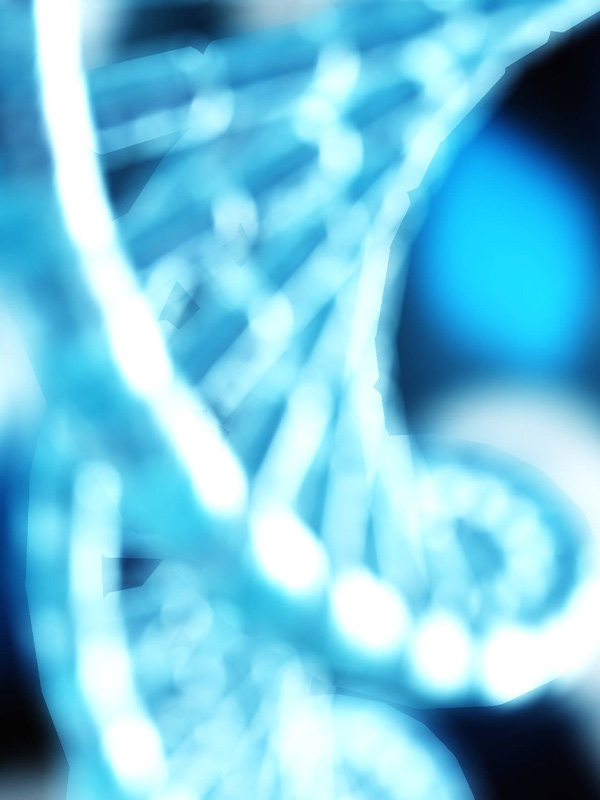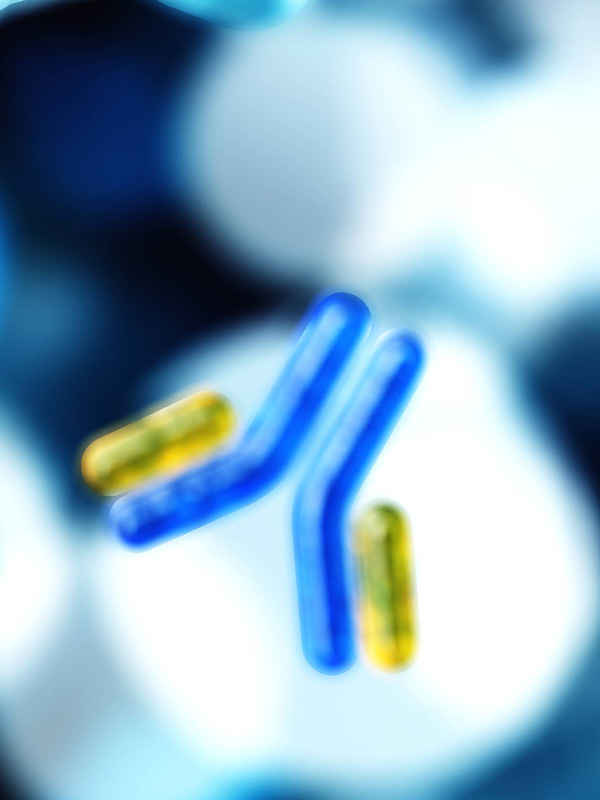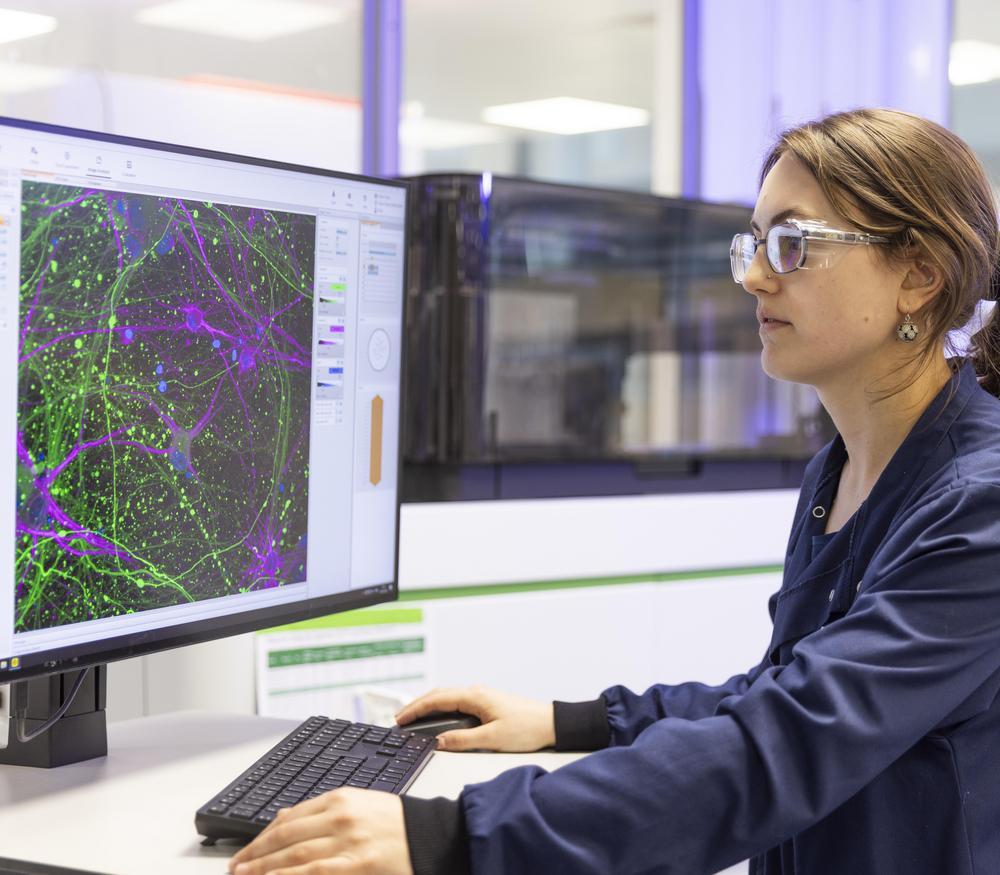
It usually develops between the ages of 30 and 50, but can start at any age. The inherited disease is caused by a defective gene that results in parts of the brain becoming damaged over time. Every child conceived naturally to a parent who carries the Huntington’s gene has a 50% chance of inheriting it. But people can live with the faulty gene for years without symptoms.
Characteristic symptoms include abnormal involuntary movements, behavioural disturbance, cognitive dysfunction, and psychiatric disease. The symptoms gradually get worse, and HD is usually fatal after a period of about 20 years. There is currently no cure for Huntington’s disease or any way to stop it from getting worse. But treatment and support can help reduce some of the problems it causes.

Alchemab Therapeutics is a biotech company developing novel therapeutics for patients with hard-to-treat diseases like HD by harnessing the power of naturally-protective antibodies.
Alchemab has a unique, target-agnostic approach to drug discovery. Its aim is to understand how resilient individuals maintain health and show resistance to a disease, even if they are genetically predisposed or susceptible to developing it. To understand this adaptive immunity, Alchemab looks at the vast repertoire of antibodies that humans produce as part of their natural immune response.
The grant supported Alchemab in its pioneering collaboration with Medicines Discovery Catapult. This brought together Alchemab’s innovative antibody discovery platform with Medicines Discovery Catapult’s expertise in pre-clinical cell models and advanced microscopy.






Two questions were at the heart of the collaboration:
1. What is the molecular target of these antibodies?
2. Can they protect against pathological mechanisms for HD?

Medicines Discovery Catapult’s scientists drew on their experience in the expression of iPSC-derived central nervous system cells, which are integral to studying brain disease.
To accelerate clinical development, this project combined:
Innovative phenotypic drug discovery using cutting-edge data-rich methods with the latest translational human cell models for neurodegenerative disease.

Alchemab’s revolutionary platform enabled them to identify a panel of naturally-protective antibodies with the therapeutic potential to modify disease in HD patients.
Patients who demonstrated slower progression than expected were identified based on their genetic predisposition. Notably, the common antibodies among these ‘resilient’ individuals were absent in patients with normal disease progression or healthy controls.
This discovery will enable Alchemab to develop a new, disease-modifying therapy for HD patients who do not have a naturally-protective antibody response. Such a therapy could be transformative in slowing or even halting the progression of this disease.

“Medicines Discovery Catapult exists to help companies like Alchemab develop innovative medicines that have the potential to change patient outcomes. By combining MDC’s expertise in pre-clinical imaging and biomarkers with Alchemab’s innovative antibody discovery platform, we hope to uncover much-needed treatment options for people living with Huntington’s disease.”
Dr Martin Main
Chief Scientific Officer, Medicines Discovery Catapult
In December 2022, it was announced that Alchemab had been awarded a further grant of
£1.7 million from UK Research & Innovation Biomedical Catalyst 2022 competition.
This has enabled Alchemab to extend its collaboration with Medicines Discovery Catapult to carry out pre-clinical studies and progress its panel of antibodies towards first-in-human studies.
The results of this new work will have the potential to impact millions of people who currently have limited therapeutic options.

“Our aim is to develop antibodies as therapies to transform the treatment of Huntington’s disease by slowing or stopping the course of neurodegeneration. The funding from Innovate UK will enable us to accelerate the development of our antibody and deliver some hope for patients.”
Dr Young Kwon
Chief Executive Officer, Alchemab
Alchemab’s unique approach to developing new therapeutics is founded on natural resilience to disease, rather than the disease itself.
Combined with Medicines Discovery Catapult’s expertise in bioanalysis of patient-relevant complex iPSC-derived CNS cell models, this may identify cellular binding of novel lead antibodies.
A discovery of this magnitude could greatly improve our understanding of the pathophysiology and treatment opportunities for Huntington’s disease.
It may also have the potential to extend and improve the lives of those living with this rare degenerative condition.

“Alchemab’s platform flips drug discovery on its head: we start with patient response and let it guide us to the most important targets and therapeutics. I’m excited that our novel approach has led us to this potential first-in-class antibody and target. We hope that this important programme is one of many, opening up a new front in our ability to combat hard-to-treat diseases such as neurodegeneration and cancers.”
Dr Jane Osbourn
Co-Founder and Chief Scientific Officer, Alchemab
This project also showcases the true value of collaboration. Medicines Discovery Catapult and Alchemab’s pioneering partnership was recognised at the Bionow Awards 2022, where the work was shortlisted for the Project of the Year Award. This accolade recognises the important work we are doing with Alchemab to accelerate the development of disease-modifying therapy for Huntington’s disease.

To find out more, about Medicines Discovery Catapult and the impact we could have on your next drug discovery project, explore our website.
Find out more